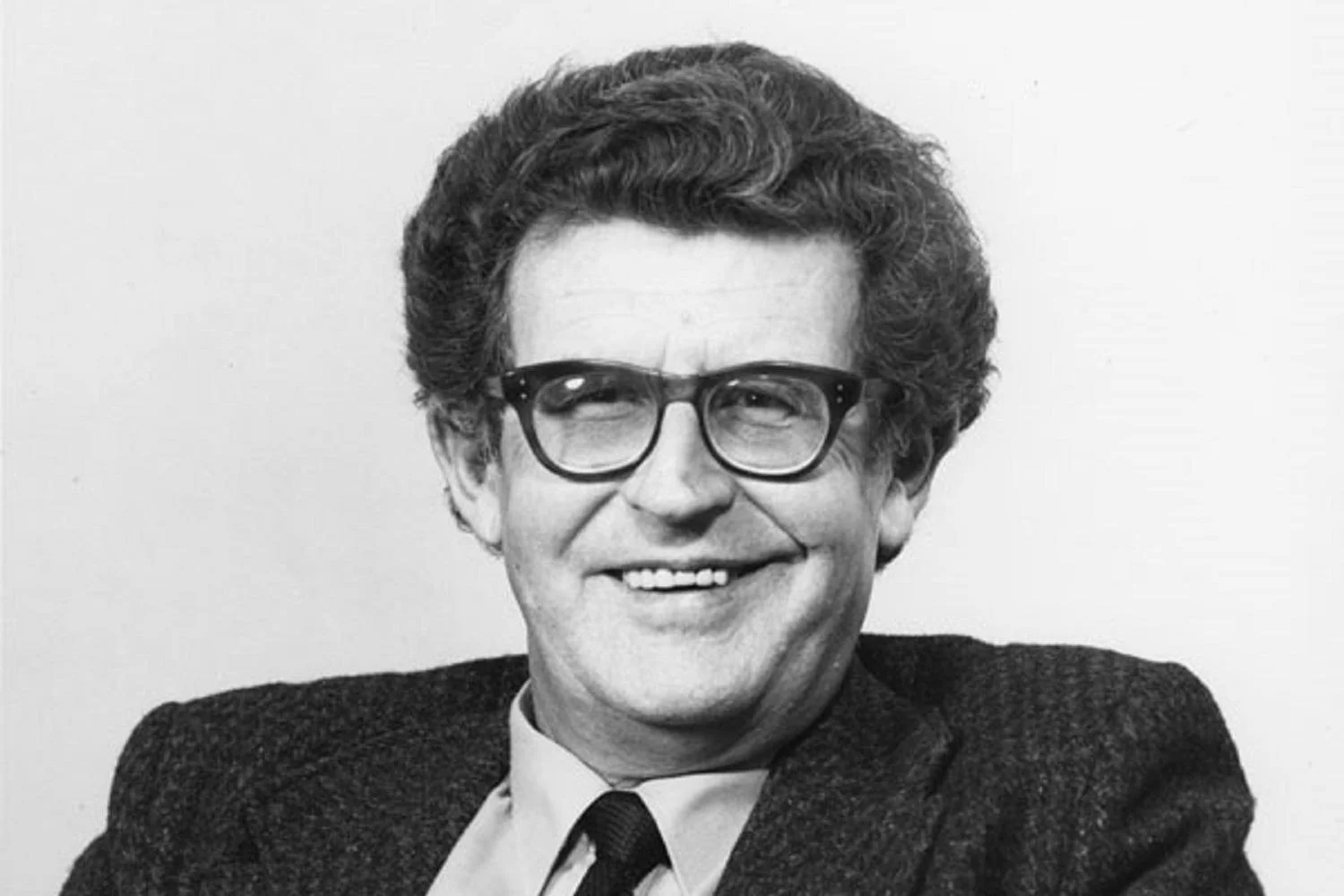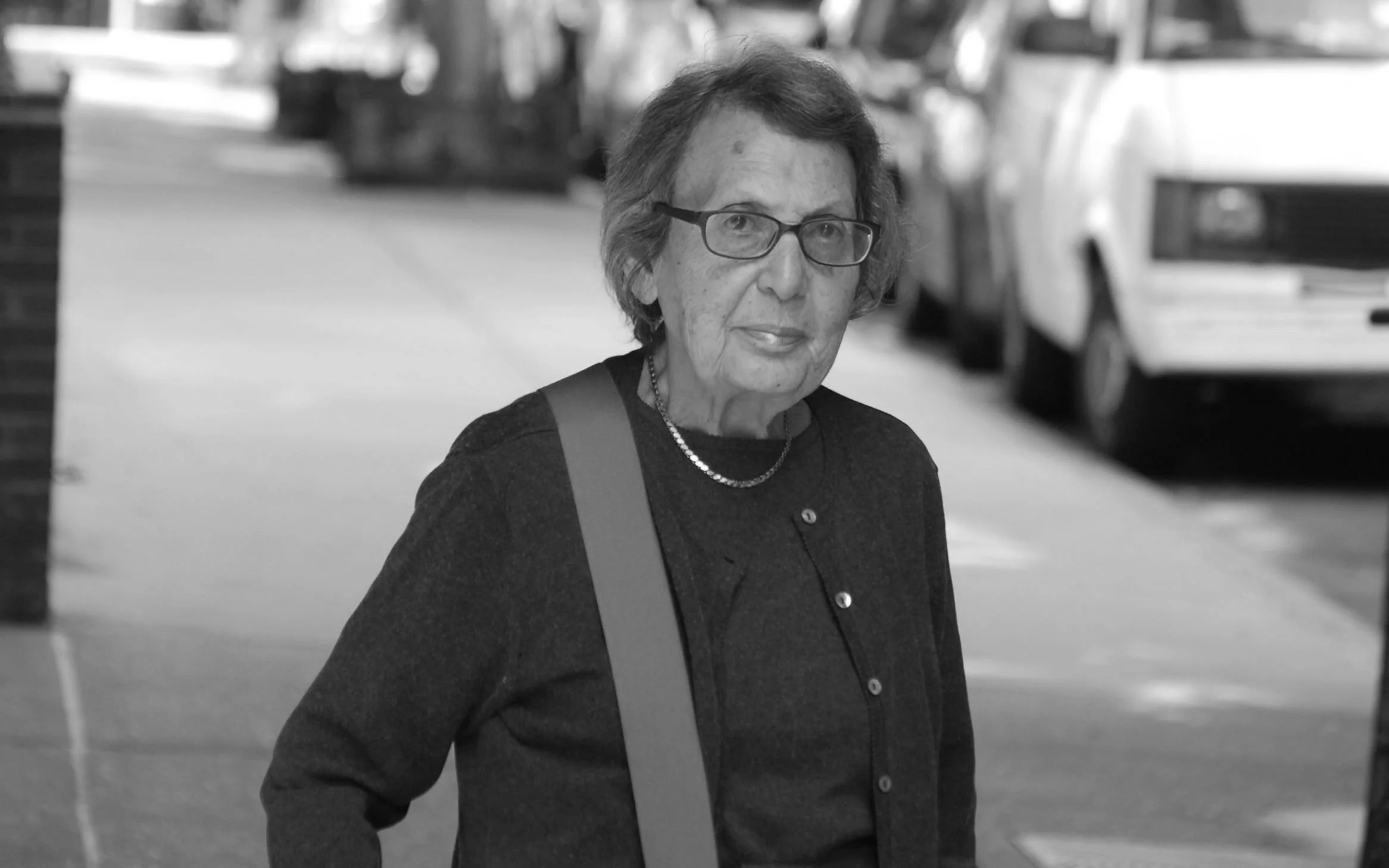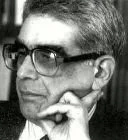Archive of European Intellectual Life
AEIL
The Archive of European Intellectual Life is a digital repository of papers from eminent European intellectuals and intellectual historians. It is curated by the Institute of Intellectual History and hosted by the University of St Andrews Library. The Archive features unpublished essays, lecture transcripts, teaching material, research notes, correspondence, and other items of European thinkers and scholars.
Kenneth Robert Minogue (1930-2013) was a conservative political theorist, who, after a brief initial period teaching at the University of Exeter, worked as a professor at LSE. Born in New Zealand and raised, in part, by his mother alone, Minogue moved to England in the 1950s following undergraduate education at the University of Sydney. At LSE, Minogue became part of a cluster of conservative academics including Michael Oakeshott, William Letwin and Elie Kedourie. His time teaching at LSE overlapped with significant student unrest of the 1960s, with Minogue highly critical of both the unrest and the underlying Marxist ideology of some student activists of the period.
Intellectual historian Elie Kedourie (1926-1992) was born into the Iraqi Jewish community of Baghdad in 1926. He moved to the UK to undertake undergraduate study at the London School of Economics, before research for a doctoral degree at St Antony's College, Oxford. Befriended by Michael Oakeshott, Kedourie was offered a teaching position at the London School of Economics in 1953, and became Professor of Politics at thee University of London from 1965. In 1975 he was elected a Fellow of the British Academy.
Sylvia G. Haim (1925-2016) was likewise born into the Jewish community of Baghdad, marrying Elie in 1949. She completed a doctoral thesis on Middle Eastern politics with the University of Edinburgh. She published academic articles (under the name Sylvia G. Haim) on Arab nationalism, women in the Arab world, the Jewish community of Iraq, as well as writing articles on contemporary news of the Middle East for the Institute of Jewish Affairs.
Jacob Peter Mayer (1903-1992) was an intellectual historian and sociologist, whose extensive research includes the political philosophers Alexis de Tocqueville, Bodin, Karl Marx, Friedrich Engels and Max Weber. Over an extensive career, Mayer's research also encompassed socialism, postwar politics in Europe, Asia and America, and the influence of modern media communication. Known as J.P. Mayer in his published work and Peter Mayer to friends and family, he was the editor of the Gallimard edition of Alexis de Tocqueville’s Oeuvres Complétes and founder of the Tocqueville Research Centre at the University of Reading. He also authored books on Karl Marx, Max Weber and the sociology of film, and translated Hobbes' Leviathan into German.
John Petrov Plamenatz was born in Cetinje, Montenegro in 1912 (Born Jovan Petrov Plamenac; Јован Петров Пламенац). His father Peter was a politician active in the True People’s Party and served for one term as a Foreign Minister for Montenegro, while his mother was of aristocratic background. His family had to flee from Montenegro after the German and Austro-Hungarian occupation in 1916. He came to England as a boy of 7, where he attended Clayesmore School, Winchester College and Oriel College Oxford, reading philosophy, politics and modern history.
He specialised in political theory, and spent most of his career teaching at Oxford. He was a Fellow of All Souls College from 1936-1951, then from 1951 to 1967 he was a research fellow at Nuffield College, before returning to All Souls as Chichele Professor of Social and Political Theory, succeeding Isaiah Berlin. He is best known for his analysis of political obligation and his theory of democracy.






